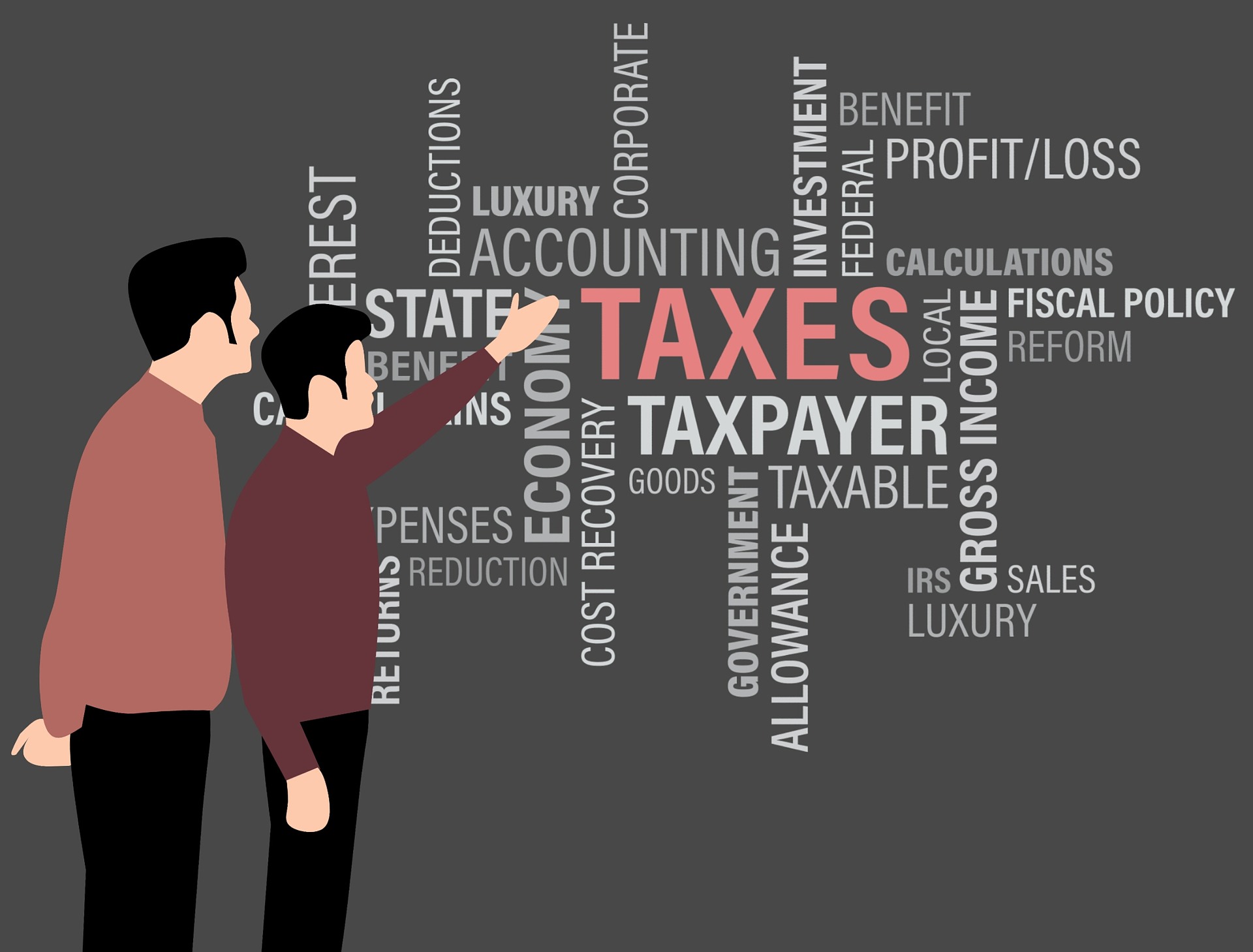When you have a complaint about the conduct of a Canada Revenue Agency (CRA) employee, or an issue with the service you received, you can turn to the Taxpayers’ Ombudsman.
Who is the Taxpayers’ Ombudsman?
The Taxpayers’ Ombudsman heads a team of highly trained individuals that look into service-related complaints from taxpayers. The investigations are impartial and the aim is to help taxpayers that feel they have been treated unfairly or unprofessionally by the CRA.
The current Ombudsman is Ms. Sherra Profit. She took office earlier this year on July 6, 2015. Ms. Profit is also a lawyer with more than 15 years’ experience and she holds a both a Bachelor of Arts and a Bachelor of Law degree.
Who Advises the Taxpayers’ Ombudsman?
Just like there is a system in place to ensure taxpayers are treated fairly by CRA, there is a system in place to ensure the Ombudsman’s office remains fair, current and impartial. This system is called the consultative committee and is made up of experienced tax professionals.
The consultative committee meets with the Taxpayers’ Ombudsman once a quarter to discuss CRA/client interactions, address current issues, engage in outreach opportunities, etc.
How Do I Submit a Complaint?
Taxpayers have eight rights that are mandated under the Taxpayer Bill of Rights.
- the right to be treated professionally, courteously, and fairly (Article 5);
- the right to complete, accurate, clear, and timely information from the CRA (Article 6);
- the right to lodge a service complaint and to be provided with an explanation of the CRA findings (Article 9);
- the right to have the costs of compliance taken into account when tax legislation is administered (Article 10);
- the right to expect the CRA to be accountable (Article 11);
- the right to expect the CRA to publish service standards and report annually (Article 13);
- the right to expect the CRA to warn you about questionable tax schemes in a timely manner (Article 14); and
- the right to be represented by a person of your choice (Article 15).[1]
If you feel any of these rights have been violated, you must:
- Try to resolve the issue with the CRA agent
- If that does not work, ask to speak with the CRA agent’s supervisor
- If that does not work, file a formal complaint. Complaints are filed by filling out and submitting the electronic from RC193.
- You do not have to follow steps A and B if they will cause undue hardship, create an unreasonable timeframe for your complaint to be resolved or if your issue affects a large number of taxpayers. In these instances, you go directly to step C.
What Complaints are Valid?
The Ombudsman will look into service delays, poorly given information, bad behaviour of CRA staff and mistakes that led to misunderstandings. The Ombudsman does not look into complaints against tax policy or legislation, matters that are in the court system, complaints prior to 2007 or complaints that have other existing resolution systems in place.
If your complaint falls outside of a service issue and therefore is not valid for the Ombudsman to handle, you can go through CRA’s complaints and disputes process.
Stop Complaints Before they Happen
Tax policies and laws can be confusing and dealing with CRA can be tedious. Most complaints arise due to misunderstandings and frustrations between the taxpayer and the service provider. AF Accounting can help you avoid the need to file a complaint. We understand corporate accounting and taxes and we specialize in helping the small business sector. You don’t need to be a big corporation with an internal accounting department to get the help you need. Rely on AF Accounting for your small business needs and you’ll avoid the type of misunderstandings that can send you running to the Ombudsman for help.
It’s great to know there is a system of checks and balances in place when you are treated unfairly by the CRA; and it’s even better to have the local, knowledgeable accounting help you need just a mouse click away.











